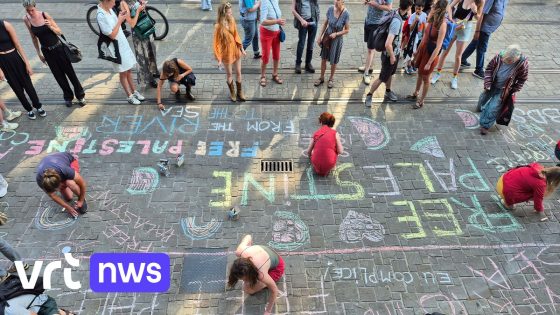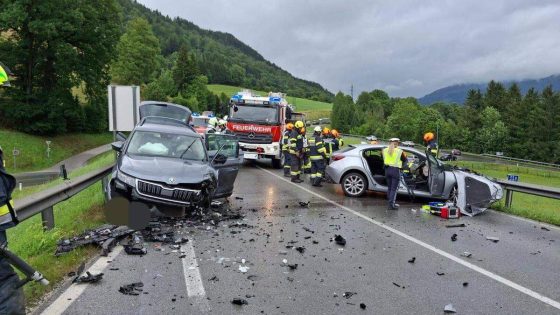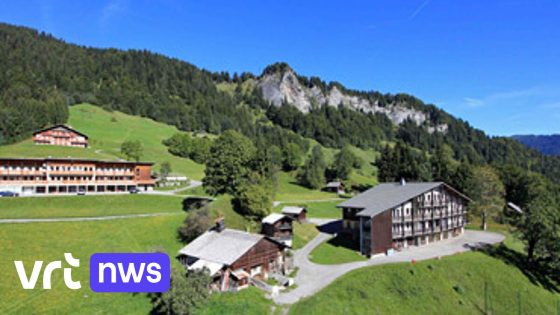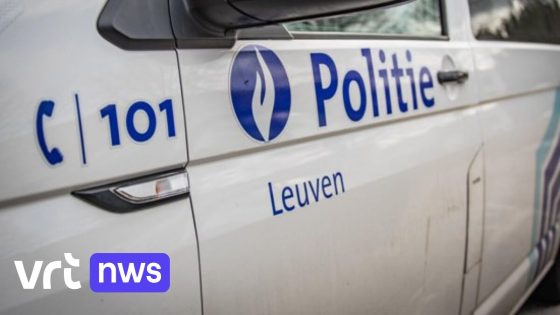Activists in Ghent are raising concerns over what they describe as restrictions on the right to protest, sparking debate about freedom of expression in the city. On 2025-06-16 20:12:00, tensions surfaced after organisers claimed the local government is limiting spontaneous demonstrations, particularly around chalk messages on public spaces.
- Activists claim Ghent restricts protest rights
- Mayor De Clercq confirms chalk message tolerance
- Police intervene only against hateful messages
- Labo criticizes Ghent's repressive protest policy
- Previous fines targeted unauthorized pro-Palestine protests
- Organization demands full GAS regulation review
Mayor Mathias De Clercq responded by clarifying the city’s stance, highlighting a tolerance policy for chalk messages and denying police interference unless hate speech is involved. This nuanced approach raises questions: how far can authorities go in regulating protests without infringing on democratic rights? And what does this mean for activists in Ghent?
As the city navigates these challenges, the situation calls for a closer look at the balance between public order and civic freedoms, setting the stage for a broader discussion on protest rights in Belgium.
Does Ghent’s policy effectively protect both public order and the right to protest? The debate highlights key issues:
- The city permits chalk messages but assesses each case individually.
- Police intervene only against hate speech, not peaceful activism.
- Activists accuse the city of repressing unplanned protests through fines.
- Calls grow for a full review of the local administrative sanction system (GAS).
Looking ahead, Ghent faces pressure to revise its policies to better support spontaneous activism while maintaining community standards. Will a comprehensive review of the GAS-regulations lead to clearer, fairer rules for protesters across Belgium?

































